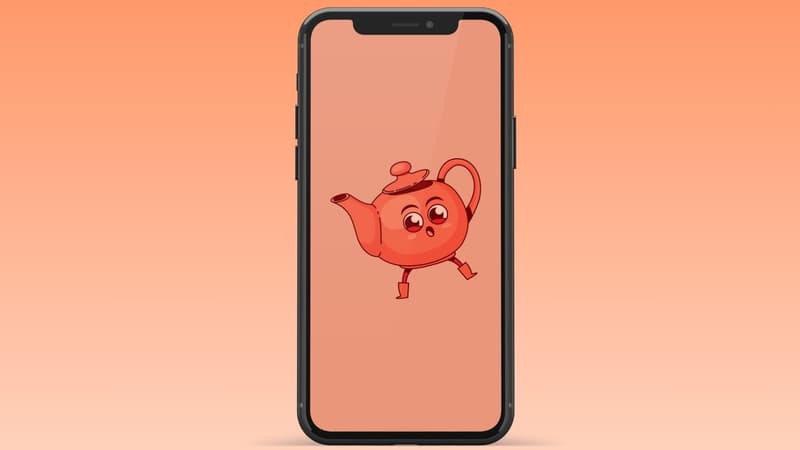A new leak in the teapot. Teaonher is an application that wants to allow men who frequent meetings requests, know if their women’s party is “safe.” But as seen by TechCrunch, a defect allows you to recover the personal data of the users of the application.
Released less than a week ago, Teaonher (translated by “Tea on Her”) is the male equivalent of Tea Dating Advice, an application that has been very successful since the end of July. It is still number 1 today in the lifestyle category in the App Store with more than 6 million users. In the same way, it allows women to know if their partner is reliable to consult their relationship history.
A story that is repeated
Therefore, Techcrunch explains that Teaonher has a violation that allows access to personal information related to the profiles of its users. This includes the pseudo, the email address, the identity documents and the selfies (these last two allow the user to authenticate). Then, the media say that some files, such as identity documents, have been accessible from a simple link.
This violation is not just an impression of Deja Vu. His counterpart, TEA, was recently in the heart of two scandals on data leaks. The American application underwent a first violation, discovered on July 26, which covered almost 72,000 images. The selfies and photos of the user’s identity documents have resorted to the 4Chan site.
The second fault stood out 3 days later. Hackers have recovered more than one million private messages, sent from the application. After these two leaks, TEA was attacked in the Court by several users, who believe that these cyber attacks could have been avoided.
Beyond their security defects, Teaonher and Tea, are strongly criticized by their general principle. In these two applications, opinions left by users in profiles cannot be verified, which can sometimes lead to false pejorative comments about a person. In addition, these platforms offer the possibility of publishing people’s names and photos, without having their consent.
Source: BFM TV


